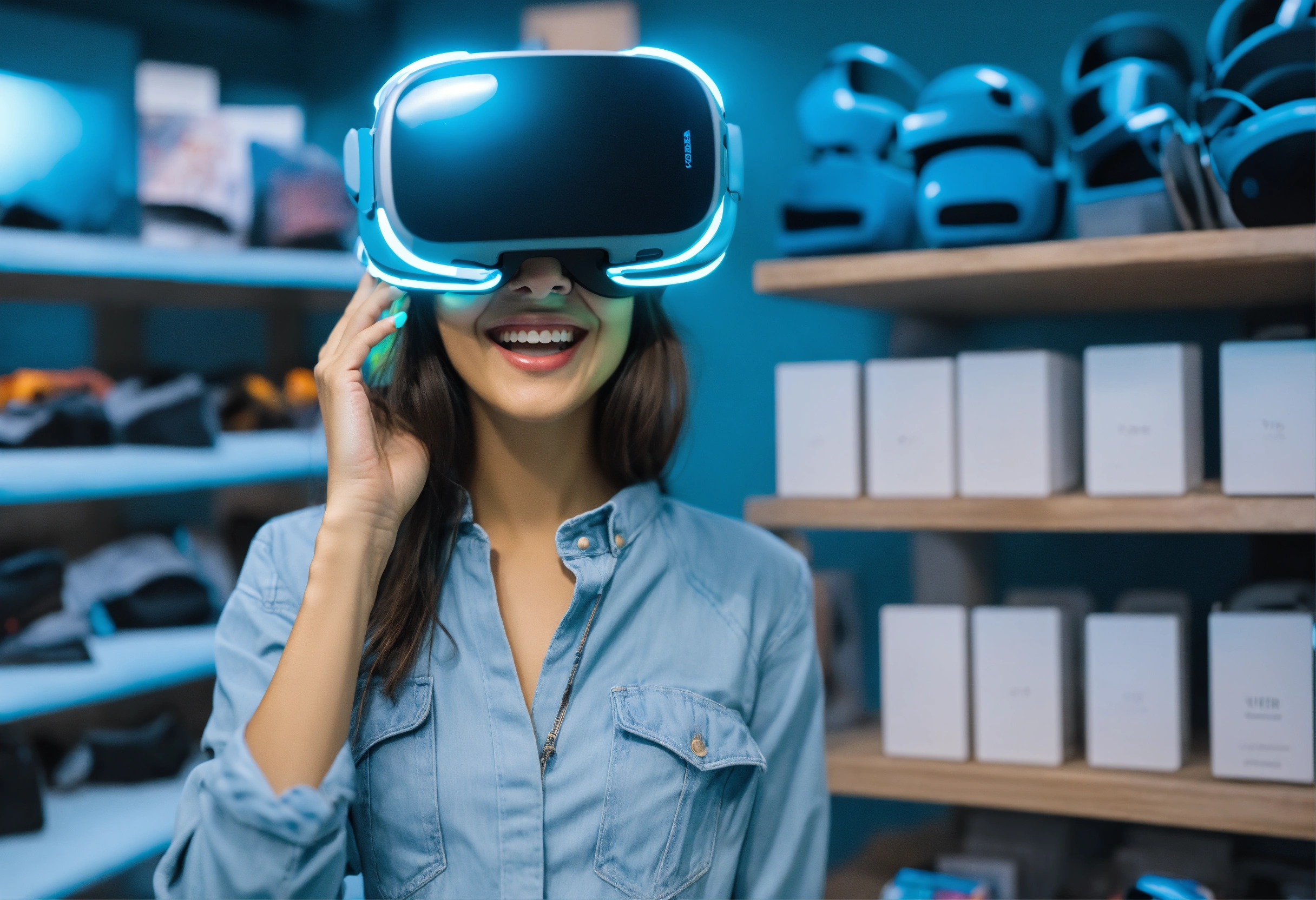Virtual Reality (VR) is no longer just the domain of gamers; it’s transforming industries like education, real estate, entertainment, and beyond. For creators, VR offers a unique opportunity to build immersive experiences that captivate audiences, foster engagement, and even generate income. However, diving into VR content creation can feel overwhelming, especially for beginners.
That’s why we’ve compiled this comprehensive FAQ guide. Whether you’re a seasoned creator or just starting out, this post addresses the most common questions about creating VR content and turning it into a source of revenue.
Frequently Asked Questions
1. What is VR content creation?
VR content creation involves designing immersive 3D environments, videos, or applications that users can explore and interact with through VR headsets.
2. Do I need advanced technical skills to start creating VR content?
Not necessarily. Beginner-friendly tools like Unity, Unreal Engine, and platforms like VRChat or AltspaceVR allow creators to get started without coding expertise. Tutorials and templates can also help.
3. What software and tools are commonly used for VR content creation?
Popular tools include Unity, Unreal Engine, Blender, Adobe Aero, and Oculus Medium. Each serves different purposes, from modeling 3D assets to developing interactive experiences.
4. How much does it cost to create VR content?
Costs vary depending on the complexity of your project. Free tools and open-source platforms are available, but professional-grade software or hiring specialists can range from hundreds to thousands of dollars.
5. Can I make VR content without owning a VR headset?
Yes! Many VR creation tools, like Unity or Unreal Engine, allow you to create and test projects using a standard computer. However, testing on a headset ensures the best experience.
6. What types of VR content are most popular?
Interactive games, virtual tours, training simulations, educational modules, and social VR experiences are highly in demand.
7. How can I monetize my VR content?
Creators can earn money by selling VR apps on platforms like SteamVR or Oculus Store, offering services like custom VR development, or licensing content to businesses for training or marketing.
8. Is VR content creation suitable for small businesses?
Absolutely! Small businesses can use VR to create memorable marketing campaigns, immersive product showcases, or virtual training programs for employees.
9. Are there free resources to learn VR content creation?
Yes, platforms like YouTube, Coursera, Udemy, and even software-specific tutorials (e.g., Unity Learn) offer free or affordable resources.
10. What industries benefit most from VR content?
Industries like education, healthcare, real estate, entertainment, retail, and manufacturing are rapidly adopting VR to improve user engagement and efficiency.
11. How do I market my VR content?
Leverage platforms like social media, VR community forums, marketplaces like Sketchfab, and industry events to showcase your creations. Collaborating with influencers can also boost visibility.
12. Is it possible to work as a freelance VR content creator?
Yes, freelancing is a viable option. Platforms like Fiverr, Upwork, and VR-specific job boards connect creators with businesses seeking VR solutions.
13. What challenges should I expect when creating VR content?
Common challenges include ensuring hardware compatibility, optimizing for performance, and creating user-friendly designs that prevent motion sickness.
14. How long does it take to create a VR experience?
Timelines vary based on complexity. A basic VR project may take days or weeks, while advanced interactive experiences can take months.
15. Can VR content creation help with branding?
Yes, VR is an excellent tool for branding, offering unique storytelling opportunities and memorable experiences that set your brand apart.
Conclusion
VR content creation opens up a world of possibilities for innovation, engagement, and income generation. By addressing common questions and debunking myths, this FAQ aims to empower you to start or advance your VR journey with confidence.
Whether you’re an artist, entrepreneur, educator, or gamer, VR offers the tools to bring your imagination to life while connecting with audiences like never before. Dive into this exciting field, apply the insights shared, and start building immersive experiences that make a difference!
Feel free to share additional questions or thoughts in the comments. We’d love to hear about your VR projects and successes!






0 Comments